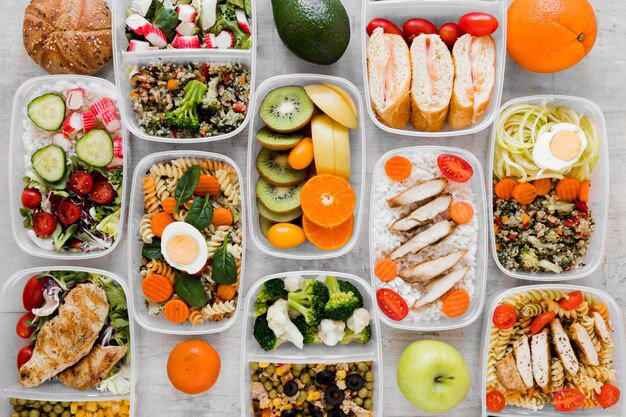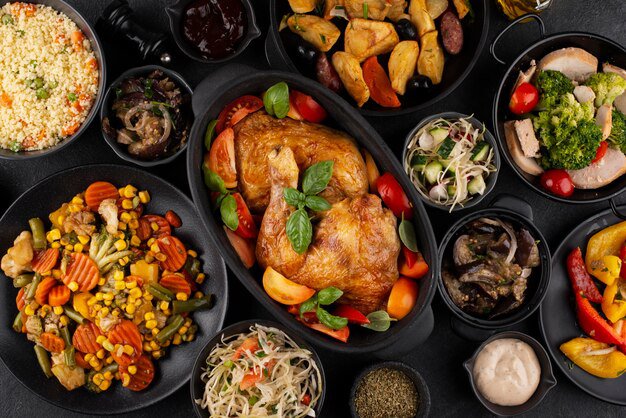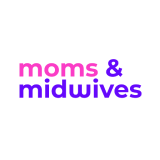
Prenatal Vitamins and Supplements
Prenatal Vitamins and Supplements
Stacey A
Feb. 22, 2022
Stacey A
Feb. 22, 2022
Am I the only one who doesn't like popping pills?
I mean, understandably, vitamins are essential for our growth, development and immunity but let's be real, not all of us take supplements daily .For pregnant women, however, vitamins or prenatal supplements are a non-negotiable topic, sometimes, because you and your baby's health depend on it.
That's why I'm here to give you the best-recommended tips and advice on prenatal supplements. Fortunately, prenatal vitamins now come in many forms; gummies, pops, toffee like drops, liquid, capsules and powder, thank heavens.
When is it needed?
Ideally, doctors advise that women considering starting a family should start taking prenatal vitamins at least one month before conception. This helps to set a good foundation for the growth of your fetus.
But of course, most pregnancies come as beautiful surprises so check in with your doctor immediately you find out you're pregnant to start your prenatal care.

Depending on your medical condition and how far along you are, your doctor will prescribe other medications including these essential vitamins:
● Folic Acid: 400 micrograms (mcg) of Folic Acid is recommended as it is crucial during the early stages of pregnancy because it helps with the development of the brain and spinal cord of your baby.
It also helps to prevent neural tube defects. According to doctors/researchers, this defect may develop even before a woman realizes she's pregnant. So doctors recommend women who could potentially get pregnant take 400 mcg of folic acid daily, before pregnancy and up to 12 weeks of pregnancy.
● Iodine: 150 micrograms (mcg) daily in the form of potassium iodide is recommended. Iodine is essential for the production of thyroid hormones that help in your baby's growth. Not having the recommended daily dose of iodine can cause iodine deficiency and lead to;
● Stillbirth
● Miscarriage
● Deafness
● Multiple mental disorders
● Stunted growth
Iodine is also well known for increasing a baby’s IQ before birth so that's your motivation to take your supplements religiously as recommended.

● Iron: All pregnant women are required to take 27 milligrams (mg) of iron daily to boost the production of red blood cells that carry oxygen to your baby in the womb. An iron deficiency during pregnancy may lead to;
● Miscarriage
● Low birth weight
● Premature birth
Ask your doctor if vitamin gummies can be an option if you are always vomiting or nauseous.
● Omega-3 EPA & DHA: A daily goal of 600 milligrams (mg) of fatty acids, of which 300mg is DHA is recommended daily for pregnant women. Omega-3 fatty acids are well known for playing a role in ;
● Eye development
● Brain development
● Nervous System development
They also reduce the risk of postpartum depression in new mothers.
● Calcium: The World Health Organization recommends up to 1000 milligrams (mg) daily intake of calcium for pregnant women. Calcium is important for the development of your baby's bones and skeletal structure.
It's important to meet the daily dose through supplements and nutrition because a woman’s bone density is often reduced during pregnancy hence the need to supplement.

Eat your way up
While vitamin supplements are prescribed to boost your daily dose of required nutrients, you must also make it an aim to eat highly nutritious meals daily. Consider the following:
● Dark green leafy vegetables, beans, nuts, and lentils are rich in irons and folic acids
● Iodized salt, dairy foods, beef liver, and shellfishes are great sources of iodine
● Omega-3 fatty acids (fish oils) can be found in salmon and other seafood. Walnuts and chia seeds are good sources as well.
● Milk, yogurt, cheese, spinach, soybeans are heavily packed with calcium and a daily intake of these can make up for the daily recommended goal, along with your supplement.
Enjoy the process
There are a few things you can do to make eating healthy and vitamins taking something pleasant for you.
● Pick the right type of supplement for you- pills, gummies, etc
- Get vitamin organizers and set alarms if you have to
● Plan your meals: this helps you to put careful thought into what to eat.
● Make a grocery list of healthy ingredients and snacks.
Yes, it sounds like a lot of pills but trust me, it's all worth it. Your baby's health and survival are heavily dependent on your choices; eat healthy, rest, take care of yourself, and take your supplements.
Other Articles in this Categories

Join The
Squad


Join The Squad


